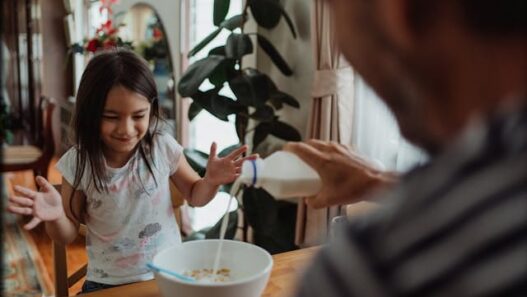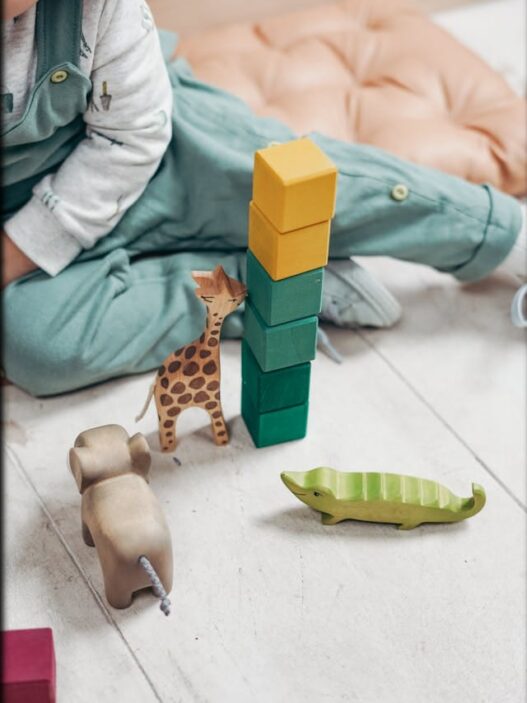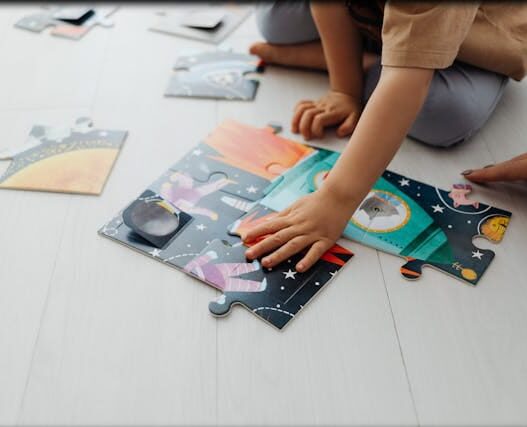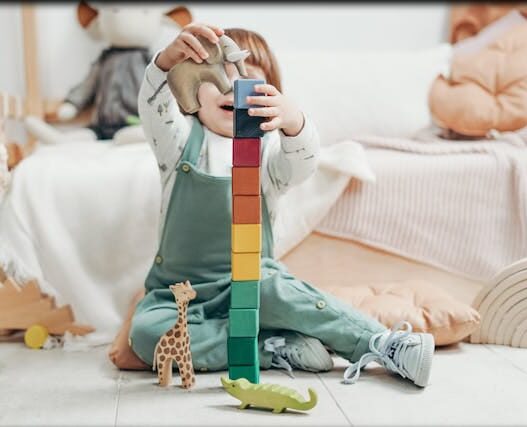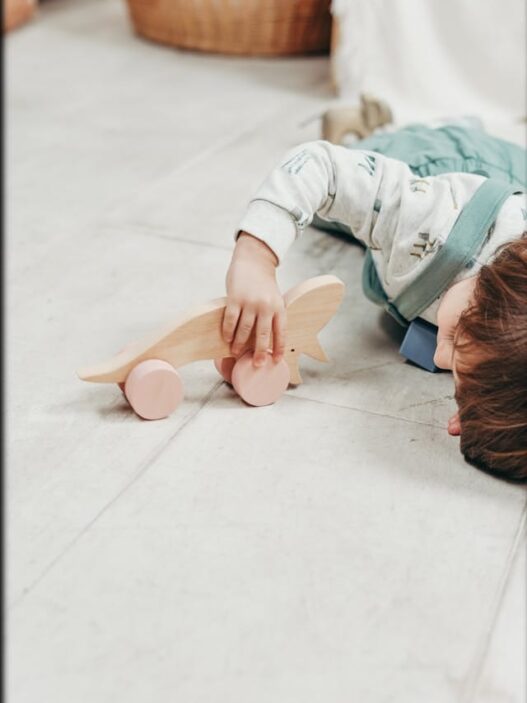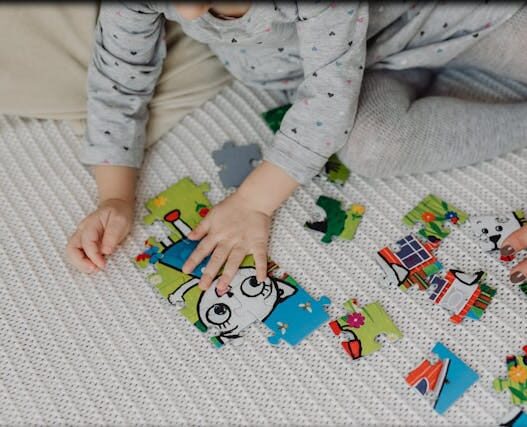With the current increase in pollution and environmental concerns, there is a growing need for sustainable and eco-friendly options. Biodegradable bottle packs are becoming more favored in the beverage industry.
Biodegradable bottle packs are designed to quickly break down and decompose in the environment, unlike traditional plastic bottle packs that can remain for hundreds of years, causing pollution and increasing landfill waste.
Using biodegradable bottle packs provides numerous benefits. They are a more environmentally friendly option than traditional plastic packs, as they are made from materials that decompose quickly and naturally. This helps reduce the amount of waste that ends up in landfills and oceans.
Moreover, biodegradable bottle packs are often made from sustainable materials such as corn starch or sugarcane, reducing their environmental impact. This makes them a much more eco-friendly option when compared to petroleum-based plastics.
Biodegradable bottle packs can be recycled along with other organic waste, helping to reduce landfill waste and promote a closed-loop system of reusing materials instead of discarding them.
Biodegradable bottle packs offer both environmental benefits and practical advantages. They are just as strong and durable as traditional plastic packs, making them ideal for packaging beverages and other products. They can also be customized in terms of size, shape, and design, making them a versatile choice for a variety of goods.
In recent times, many companies have started including biodegradable bottle packs in their sustainability efforts. Coca-Cola, for example, has announced its plan to introduce biodegradable bottle packs made from plant-based materials as a significant part of its larger strategy to reduce its environmental impact.
Similarly, Nestle Waters has begun using biodegradable bottle packaging for their Pure Life water brand, highlighting the importance of reducing plastic waste and their commitment to sustainability.
While biodegradable bottle packs show promise in addressing plastic pollution, there are still hurdles to clear. A significant obstacle is the steep production costs of biodegradable materials, making it difficult for companies to justify moving away from traditional plastics, especially when cost plays a pivotal role in their decision-making.
One of the obstacles to overcome is the lack of infrastructure needed to gather and compost biodegradable materials. While some areas have the proper facilities to manage this type of waste, many others do not, which creates difficulties in ensuring the proper disposal of biodegradable packaging.
The trend towards using biodegradable bottle packs is increasing as companies and consumers become more aware of the environmental effects of traditional plastics. By continuously developing and investing in sustainable packaging options, biodegradable bottle packs have the potential to revolutionize the beverage industry and significantly reduce plastic waste.
In conclusion, biodegradable bottle packs offer a promising solution to the issue of plastic pollution by providing a more environmentally friendly option to traditional plastic packs. These packs can biodegrade naturally and reduce waste in landfills and oceans, making them a positive advancement towards a more sustainable future. As more companies and individuals embrace this technology, the potential for biodegradable bottle packs to make a significant impact in alleviating plastic pollution becomes clearer. It is clear that sustainable packaging, like biodegradable bottle packs, is the path to follow, and the transition to these alternatives should happen now.






